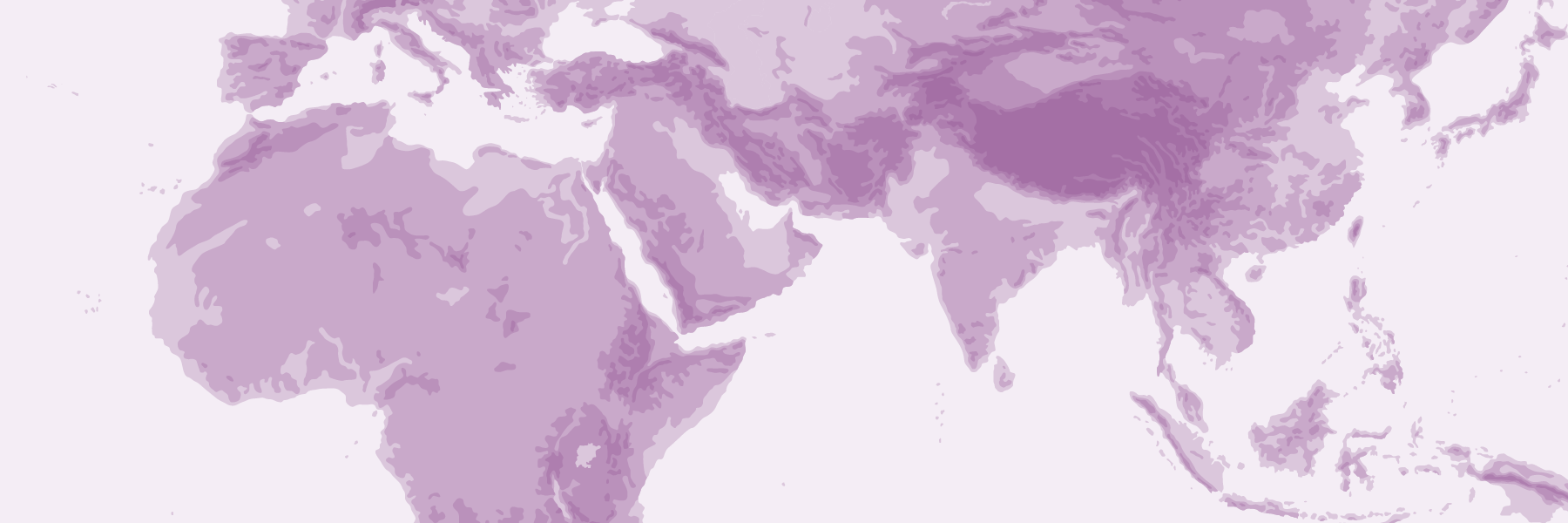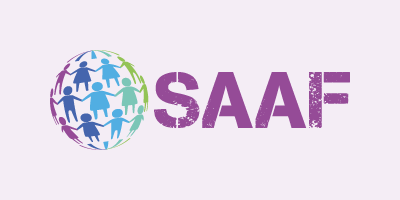
North Africa and the Middle East
NFDO was first funded by SAAF in 2017 and worked to improve access to safe abortions for rape survivors in Shariya camps, where they obtained special permission from the Directorate of Health to carry out safe abortion services.
They are now seeking to advocate for a more progressive law in Iraq, where abortion is only legally permitted to save a pregnant person’s life. They will focus on the Kurdistan region of Iraq, noting that the parliament there has already adopted some progressive changes on women’s rights. NFDO will build a coalition of feminist organisations to work towards a shared advocacy goal of improving the legal circumstances in which abortions can be performed.
This will be the first campaign of its kind in Iraq, and NFDO will also deliver a media campaign across radio, press, TV and awareness raising sessions that seeks to make abortion a topic which can be discussed, rather than ignored, stigmatised or criminalised.
Visit the NFDO website.
lebanon
anonymous organisation
In Lebanon abortion is only legally permitted to save the life of the pregnant person. Those who are able to access safe abortion services tend to have access to funds and relevant networks, meaning that women from lower socioeconomic backgrounds are particularly vulnerable to unsafe abortions and forced pregnancies. This SAAF funded project aims to make information about sexual and reproductive health and rights accessible to those who face the most barriers.

MOROCCO
collectif nar
Collectif Nar is a feminist group working to challenge taboos around gender and sexuality in Morocco, where abortion is heavily restricted and criminalised.
With SAAF funding, they seek to support women who have experienced trauma relating to unsafe abortion and/or gender-based violence. They will recruit a psychologist to provide ongoing support and counselling. With consent, stories gathered of abortion experiences will also contribute to storytelling on the harms of unsafe abortions and the prevalence of gender-based violence in the country, in order to raise awareness and increase knowledge of the support available.
In parallel, they will also be developing a play on the destigmatisation of abortion and gender-based violence, using performance as a tool for collective healing, public engagement, and advocacy.




